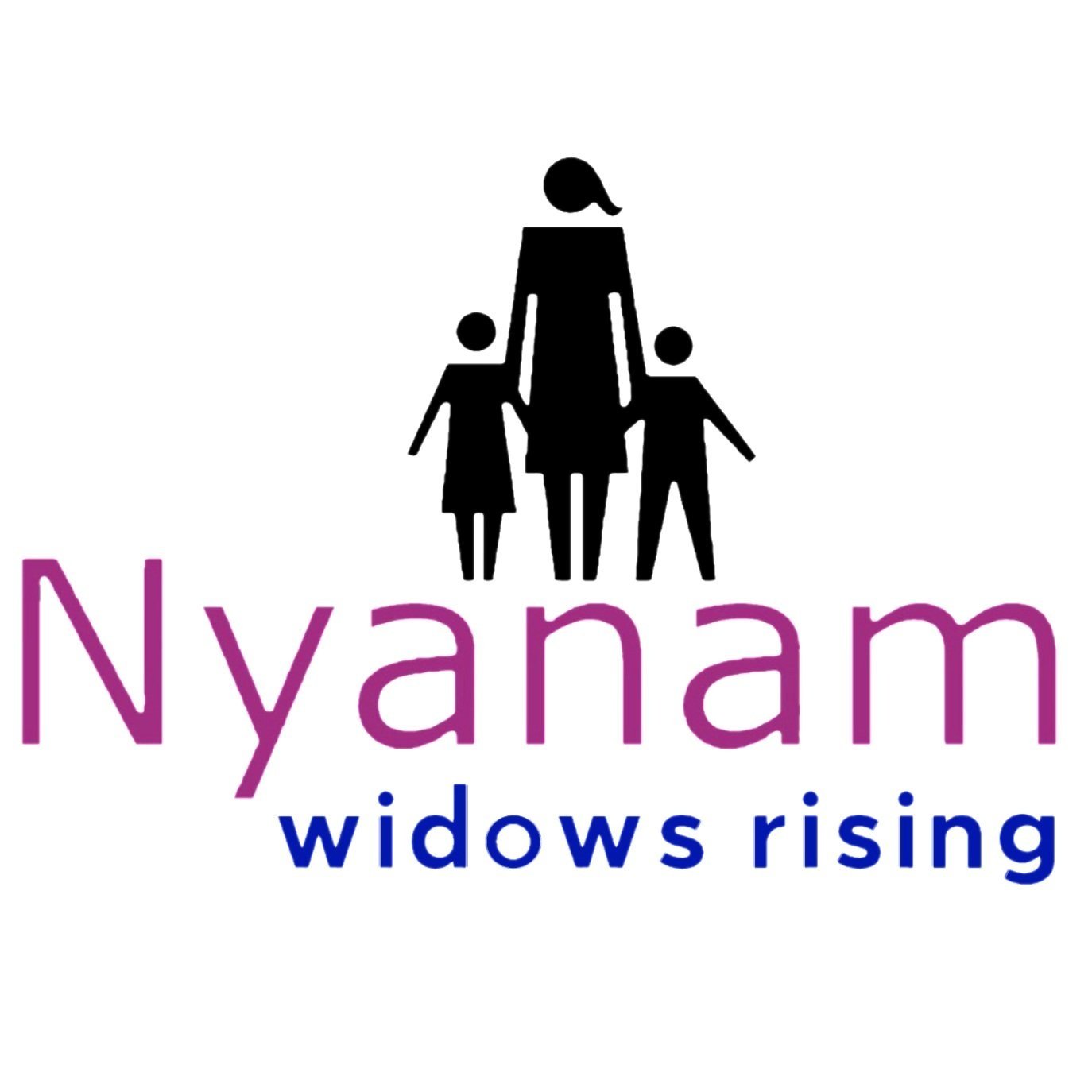Grief Disorder
By: Evelyn Odhiambo
Women have reported high cases of mental illness as a result of gender biases which expose them to greater societal stresses. The WHO 2005, “Women’s vulnerability to factors such as poverty, sexual and domestic violence, discrimination and conflicts has exposed them to high prevalence of certain mental disorders such as depression and anxiety.” For widows, the reality is much worse as they experience adverse stressful environment immediately after the loss of their spouse.
Widows’ resilience and ability to establish new connections can be overwhelmed by growing mental illness resulting from grief. Their grief is complicated by discriminatory practices and deeply rooted stigma. Widowed women report problems of mental and physical health in less than a year after loss of spouse. This has adverse effects on their wellbeing. They report higher rates of depressed mood, stress, poor social functioning, loneliness and poor mental health and physical functioning compared to other women.
Although grief is a normal part of experiencing loss and a way of mental health care, if not addressed in suitable time, it becomes grief disorder with serious physical and social repercussions. Grief disorder is a prolonged grief or a complicated grief. This normally happens at least 6 months after a person close to you has died. It is the time when you experience deep longing for the person making it difficult for you to fully function at home, work, and other settings. Studies have shown that, death of a spouse is rated as the highest stressful event and human experience in life. It is unfortunate that various traditions continue to subject widows to extreme stigma and discrimination at a time they need most support. Through grieving, widows show depressive symptoms that equally affect their social behaviors. It is the time when many widows are forced to loneliness and silence. They will retreat and avoid external interaction and the environment. For older widows, this increases their risk of dying due to grief of losing their spouse. In many instances, especially among couples, we have witnessed the other dying soon after the spouse burial.
Grief disorder is a huge mental health threat to widows and all those who have lost loved ones. In addition, one experiences and expresses life as meaningless. They find it difficult to move past the loss, resort to drug abuse and in extreme cases experience suicidal thoughts.
Mental health is a major determinant of one’s overall health. The WHO reports that , mental health is a key determinant of overall health and socio-economic development. It influences a variety of outcomes for individuals and communities such as healthier lifestyles; better physical health; improved recovery from illness; fewer limitations in daily living; higher education attainment; greater productivity, employment and earnings; better relationships with adults and with children; more social cohesion and engagement and improved quality of life.
For many widows, mental well-ness has been hard to achieve as they have limited or no space to share their grief which completely deters them from achieving a healthy and improved quality of life. Many are not able to effectively realize their abilities, cope and contribute to their communities due to grief. They are faced with increased stressors forcing them to retrieve away from living.
As severe as grief disorder is, it is unfortunate that it is less mentioned both at medical and policy levels. The Kenyan 2015-2030 mental health policy, whose goal is to ensure we attain the highest standard of mental health, only recognizes cases of suicide, homicides, and violence at household level as the major causes of mental illness. Grief disorder is omitted but negatively affects one’s mental and physical health. This limits interventions towards supporting widows or others through grief to avoid grief disorder and depression. It is critical that health policy makers remain intentional to ensure that widows health is prioritized. We need to put in place grief interventions that will not only support widows but the whole society during loss.
Ms. Evelyn Odhiambo is the Communications Associate at Nyanam International

